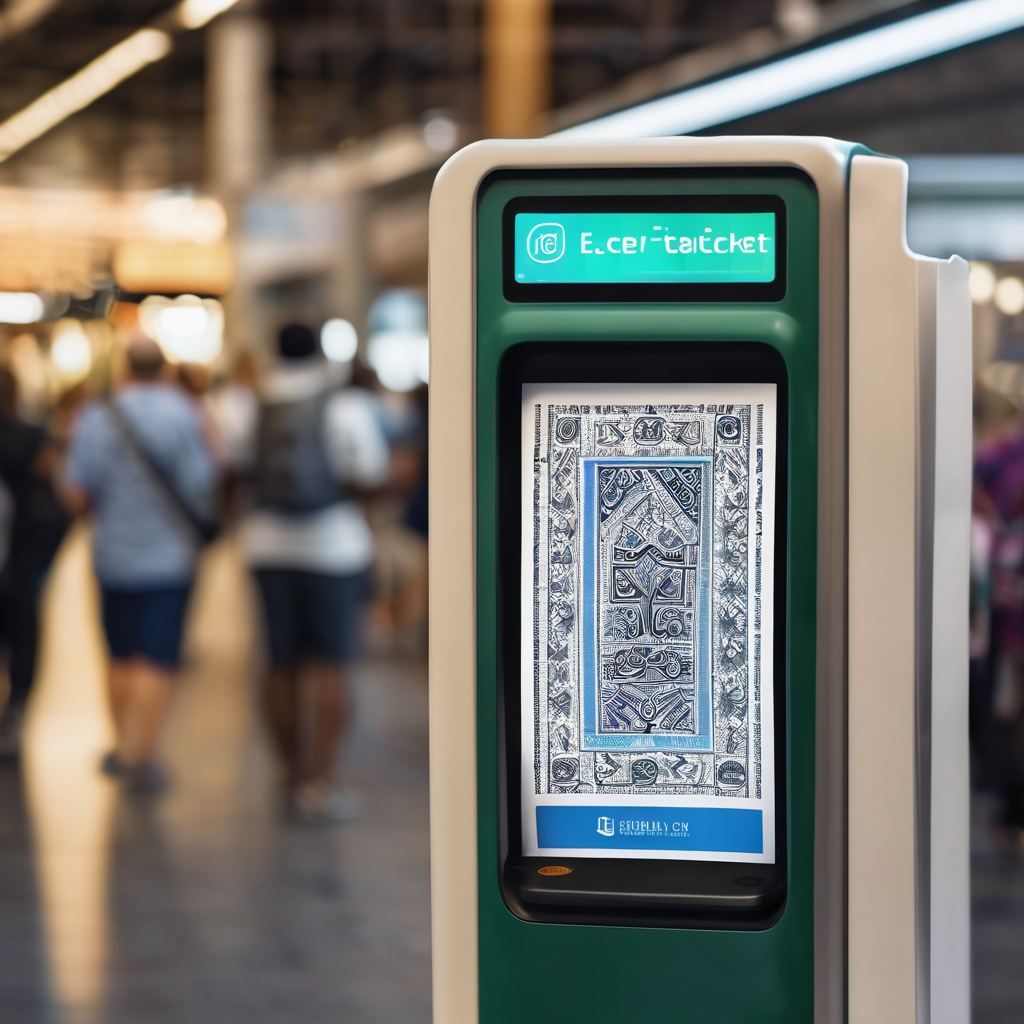The rollout of the upgraded e-ticketing system for public transport in Fiji is encountering significant challenges, including long queues and a limited number of top-up points, according to Prime Minister Sitiveni Rabuka, who addressed Parliament regarding the situation. This transition is part of a phased upgrade aimed at modernizing the country’s bus payment systems, but various obstacles have arisen during implementation.
Opposition MP Premilla Kumar pressed the Prime Minister for updates on the ongoing issues and measures being taken to resolve them. She raised concerns specifically about the discontinuation of disposable cards, which were initially introduced for tourists or emergency use and had provided convenience for commuting. Kumar cited a Consumer Council survey indicating that nearly half of the passengers remain dissatisfied with the current e-ticketing system.
Rabuka acknowledged the critical nature of this system and noted that the new generation of card readers does not accept disposable cards, thereby requiring passengers to use registered cards. He reiterated that the government is collaborating with Vodafone, bus operators, and the Land Transport Authority to address technical glitches, expand access to top-up services, and ensure reliability within the system.
Upon assuming office, Rabuka found the previous e-ticketing system outdated and unsupported by the original manufacturers. Vodafone was selected through a thorough tender process to implement the upgraded system, which began its rollout earlier this year.
In response to the challenges, a dedicated e-ticketing committee has been established, including representatives from various stakeholders, to monitor the rollout and address issues promptly. Since March, more than 486,000 new cards have been issued, with over 22.5 million trips recorded. A new mobile app allows users to check balances and top up their cards using NFC, M-Paisa, and MyCash. Although Vodafone has increased top-up points, challenges persist, especially in rural areas where access remains limited.
Rabuka acknowledged the transition has faced teething issues, including long queues during card upgrades and network disruptions that affected top-up machines in May. He indicated that a technical audit has been completed and ongoing upgrades are being made to improve system interoperability and reliability.
Additionally, Kumar raised concerns about the safety of bus drivers amid frustrations from passengers facing payment issues. Rabuka emphasized the need for cooperation among operators, commuters, and government agencies to ensure safety and smooth operations for all involved.
Despite the current difficulties, there is a sense of optimism surrounding the initiative, as the government is committed to closely monitoring the rollout with continuous improvements aimed at minimizing disruptions. Collaborative efforts between the government, Vodafone, and other stakeholders could lead to a more reliable and customer-friendly public transportation system in Fiji, benefiting all commuters in the long run.
